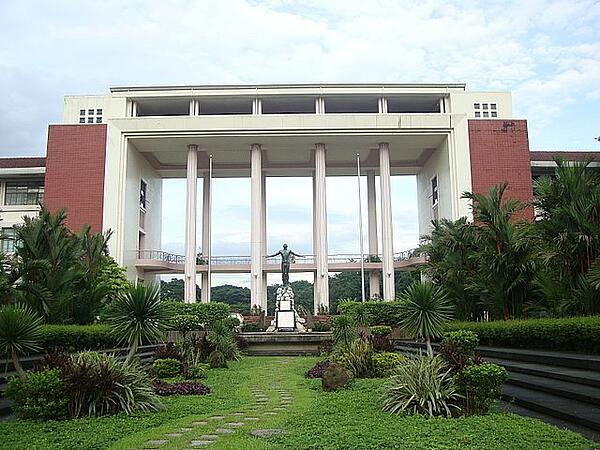Felipe Landa Jocano
Felipe Landa Jocano, a Filipino anthropologist, was behind the development of the Core Population Theory - otherwise known as the Evolution Theory - and one of the first to question Beyer’s Wave Migration Theory.
Jocano was born on 5th February 1930 in Cabatuan, Iloilo. After completing public school, Jocano ran away to Manila and graduated from the Arellano High School. He then attended the Central Philippine University, graduating with a Bachelor of Arts degree in 1957.
After returning to Iloilo, Jocano began to develop an interest in folklore, which led him to partner with Robert Fox. Fox was an anthropologist at the National Museum of the Philippines at the time he met Jocano, and managed to secure Jocano a job in the museum as a research aid.
Jocano soon left and used a study grant to earn a master’s degree in Anthropology from the University of Chicago in 1962. He decided to take up a teaching position at the university and then achieved a PhD in Anthropology. However, he was drawn back to the Philippine by the offer of a post at the University of the Philippines.

Once he arrived at the university, Jocano quickly made a name for himself and became renowned as one of the first scholars to suggest an alternative to Beyer’s Wave Migration Theory of how humans came to live in the Philippines.
While Beyer suggested that there were clear waves of migration taking place across the ages, resulting in distinct groups of hominin, Jocano suggested the opposite. According to the scholar, there was a long process of evolution and movement that resulted in groups of a similar ethnica and cultural background developing into their own distinct groups.
In fact, Jocano argues that people from all across Southeast Asia used to share aesthetic and cultural similarities but gradually settled after thousands of years of migration around the world.
While many anthropologists including Fox agree with Jocano’s alternative theory, there are still many who see Beyer’s theory as the more likely model.
Jocano continued to promote the Core Population Theory until his retirement, 31 years after arriving at the University of the Philippines. He died on 27th October 2013 at the age of 83.
MLA Citation/Reference
"Felipe Landa Jocano". HistoryLearning.com. 2026. Web.
